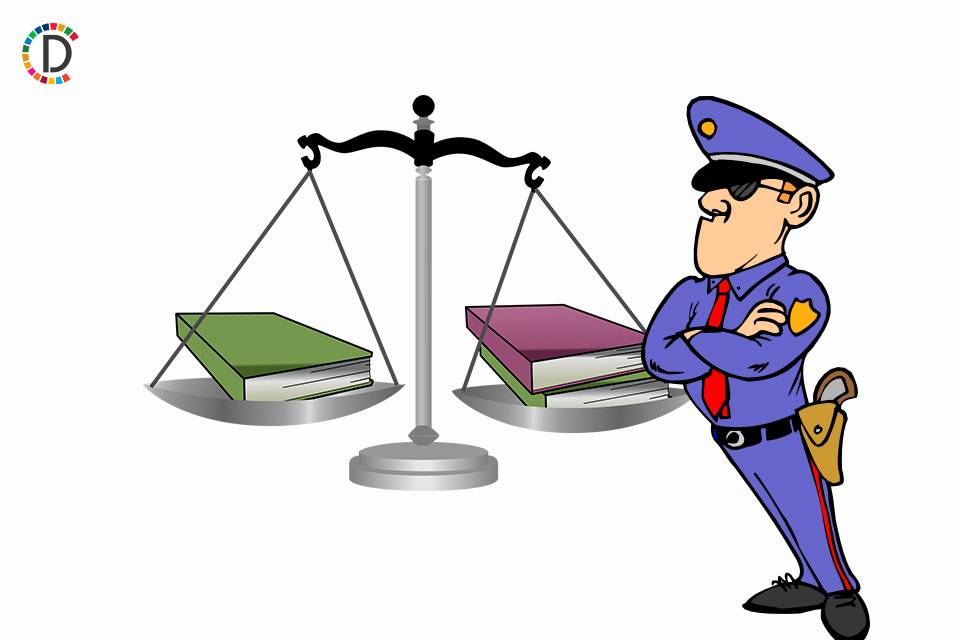India does not take position on faith and religion: MEA on Dalai Lama succession plan; China urges caution

- Country:
- India
India on Friday said it does not take any position on matters concerning faith and religion, two days after the Dalai Lama, the Tibetan spiritual leader, unveiled a plan for choosing his successor that has been rejected by China.
Ahead of his 90th birthday on Sunday, the 14th Dalai Lama Tenzin Gyatso had on Wednesday affirmed that the institution of the Dalai Lama will continue and that only the Gaden Phodrang Trust will have the sole authority to recognise his future "reincarnation", declaring no one else can ''interfere'' in his succession plan. The Gaden Phodrang Trust was founded by the current Dalai Lama in 2015 to oversee matters related to the 600-year-old institution of the Dalai Lama.
External Affairs Ministry spokesperson Randhir Jaiswal said the Indian government has always upheld freedom of religion for all in the country and will continue to do so.
''We have seen reports relating to the statement made by His Holiness the Dalai Lama about the continuation of the Dalai Lama institution,'' he said.
''The government of India does not take any position or speak on matters concerning beliefs and practices of faith and religion,'' Jaiswal added.
Jaiswal was responding to media queries on the statement by the Dalai Lama that also ended speculation on whether the Tibetan spiritual leader will have a successor or not after his death. The Dalai Lama has been living in exile in India since 1959.
Earlier in the day, China urged India to act cautiously on Tibet-related issues to avoid its impact on the improvement of bilateral relations. Beijing was responding to Union Minister Kiren Rijiju's assertion on Thursday that the decision on the Dalai Lama's incarnation would be taken by the established institution and the leader of the Tibetan Buddhists himself and no one else.
Rijiju reiterated on Friday that all the devotees and followers of the Dalai Lama want the Tibetan spiritual leader to decide on his successor.
Rijiju, however, clarified he was not making the remarks on behalf of the Indian government and neither was he commenting on a statement made by China on Wednesday.
Rejecting the Nobel Peace laureate's succession plan, China insisted that any future heir must receive its seal of approval, adding a new chapter to Tibetan Buddhism's decades-long struggle with the Chinese ruling Communist Party.
Asked by reporters in Delhi about China's statement on the issue, Rijiju said, ''I do not want to react to China's statement. I speak as a devotee, I have faith in the Dalai Lama, those who follow the Dalai Lama wish that he decides his successor.'' ''There is no need for any confusion on the Dalai Lama issue. All the people across the world who believe in Buddhism and follow the Dalai Lama want him to decide (on his succession). There is no need for me or the government to say anything. Who would be the next Dalai Lama, it will be decided by him,'' Rijiju said.
On Thursday, Rijiju had said the Dalai Lama is the ''most important and defining institution'' for Buddhists.
''All those who follow the Dalai Lama feel that the incarnation is to be decided by the established convention and as per the wish of the Dalai Lama himself. No one else has the right to decide it except him and the conventions in place,'' he had said.
Reacting to a question on Rijiju's remarks made on Thursday, Chinese Foreign Ministry spokesperson Mao Ning said India should be clear of the anti-China separatist nature of the 14th Dalai Lama and honour its commitments on Xizang (Tibet) related issues. China refers to Tibet as Xizang.
"India should exercise caution in its words and actions, stop interfering in China's internal affairs with Xizang related issues and avoid impact on the improvement and development of the China-India relationship," Mao told a media briefing in Beijing.
Rijiju, a practising Buddhist, and Rajiv Ranjan Singh, a fellow Union minister, are representing the Government of India at the Dalai Lama's 90th birthday celebrations in Dharamshala on July 6.
The minister said the birthday event is a religious function and has nothing to do with politics.
Meanwhile, monks clad in maroon and saffron robes headed towards Tsuglagkhang, the main Dalai Lama temple, in the Himalayan town of McLeodganj, a suburb of Dharamshala.
The small town in Himachal Pradesh, also known as 'Little Lhasa' for being the host to the Tibetan government-in-exile, is at the centre of global interest as a series of events, celebrations and, perhaps, announcement of a successor mark the 90th birth anniversary of the leader of Tibetan Buddhism.
The week-long celebrations that began on June 30 have picked up pace with a lineup of religious conferences, youth forums, film screenings, and communal prayers over the weekend.
In Beijing, Spokesperson Mao reiterated China's stand that the reincarnation of the Dalai Lama and the Panchen Lama, the second-high priest of Tibetan Buddhism, has to comply with rigorous religious rituals and historical conventions in line with domestic search, lots drawn from a 'golden urn' and the central government's approval.
The present 14th Dalai Lama went through this procedure and was approved by the then-central government, she said.
The reincarnation of the Dalai Lama must uphold those principles and follow religious rituals, historical conventions, Chinese law and regulations, she added.
(This story has not been edited by Devdiscourse staff and is auto-generated from a syndicated feed.)
ALSO READ
Unmasking the Web of Cyber Fraud: Delhi Police Targets Chinese Handlers
Malaysia Upholds Anti-Dumping Duties on Chinese and Japanese Steel
Taiwanese Legislator Under Fire: Allegations of Chinese Funding and Confidential Leak
UK Greenlights Controversial Mega Chinese Embassy Amid Espionage Concerns
3rd Wave Music Awards: A Landmark Celebration in Chinese Music








